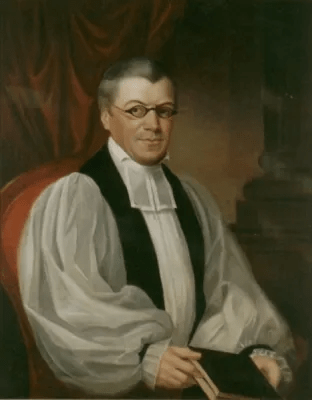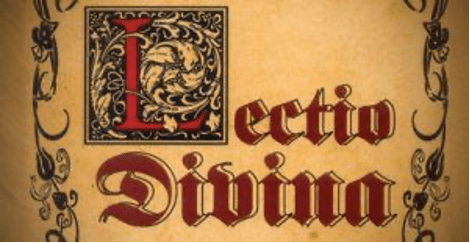John Henry Hobart
John Henry Hobart
 Revive your church, Lord God of hosts, whenever it falls into complacency and sloth, by raising up devoted leaders like your servant John Henry Hobart; and grant that their faith and vigor of mind may awaken your people to your message and their mission; through Jesus Christ our Lord, who lives and reigns with you and the Holy Spirit, one God, for ever and ever. Amen.
Revive your church, Lord God of hosts, whenever it falls into complacency and sloth, by raising up devoted leaders like your servant John Henry Hobart; and grant that their faith and vigor of mind may awaken your people to your message and their mission; through Jesus Christ our Lord, who lives and reigns with you and the Holy Spirit, one God, for ever and ever. Amen.

Array
(
[post_id] => 355509
[status_only] =>
[position] => above
[media_type] => unknown
[url] =>
[called_by] =>
[do_ts] =>
)
[sdg-gmp] featured_AV: [sdg-gmp] media_format:
[sdg-gmp] Multimedia FALSE
[sdg-gmp] player_status: N/A for this position
+~+~+~+~+~+~+~+
In his Homily on Scripture, Thomas Cramner ended with an exhortation for us to read Scripture in this way:
“Let us ruminate, and, as it were, chew the cud, that we may have the sweet juice, spiritual effect, marrow, honey, kernel, taste, comfort and consolation of them.”
Lectio Divina is a contemplative way of reading the Bible. It dates back to the early centuries of the Christian Church and was established as a monastic practice by Benedict in the 6th century. It is a way of praying the scriptures that leads us deeper into God’s word. We slow down. We read a short passage more than once. We chew it over slowly and carefully. We savour it. Scripture begins to speak to us in a new way. It speaks to us personally, and aids that union we have with God through Christ who is himself the Living Word.
Contact Mo. Lee-Pae for more information.
Array
(
[post_id] => 355509
[status_only] =>
[position] => below
[media_type] => unknown
[url] =>
[called_by] =>
[do_ts] =>
)
[sdg-gmp] featured_AV: [sdg-gmp] media_format:
[sdg-gmp] Multimedia FALSE
[sdg-gmp] player_status: N/A for this position
+~+~+~+~+~+~+~+


 Lectio Divina literally means “divine word” or “divine reading”. It involves choosing a short passage from the scripture, memorizing it, and then repeating it silently for some minutes. During practice, all ideas, thoughts and images related to the passage are allowed to arise spontaneously in the mind. It is somewhat in between contemplative reading and contemplative prayer.
Lectio Divina literally means “divine word” or “divine reading”. It involves choosing a short passage from the scripture, memorizing it, and then repeating it silently for some minutes. During practice, all ideas, thoughts and images related to the passage are allowed to arise spontaneously in the mind. It is somewhat in between contemplative reading and contemplative prayer.